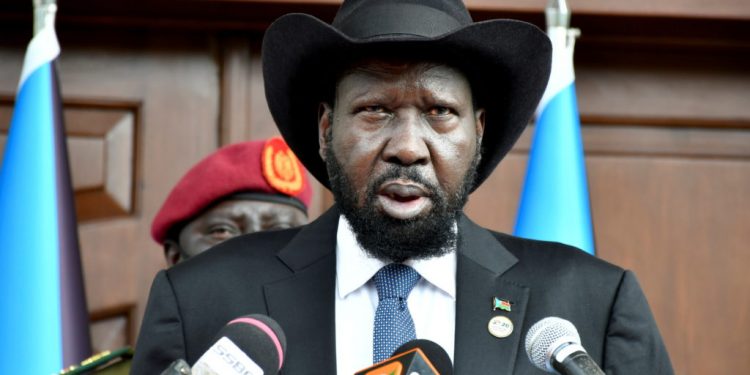South Sudan’s government has criticized the US for revoking visas for all its nationals, claiming the decision was based on mistaken nationality.
The controversy began when a man, allegedly a citizen of the Democratic Republic of Congo, was deported from the US and refused entry.
US Secretary of State Marco Rubio announced the visa ban, citing South Sudan’s refusal to accept its citizens being removed from the US.
However, South Sudan’s foreign ministry insists the individual was not a South Sudanese national and was returned to the sending country for further processing.
The visa ban is part of a broader pattern of US policies enforcing stricter immigration control.
The Trump administration has used similar strategies in past disputes, including trade negotiations and international aid allocations, often tying them to compliance on immigration matters.
The decision has sparked fears of a renewed civil conflict in South Sudan, where tensions are rising amid the detention of First Vice President Riek Machar.
South Sudan’s Information Minister Michael Makuei Lueth argues that the US is “attempting to find faults with the tense situation” in the country.
In contrast, US Deputy Secretary of State Christopher Landau dismissed South Sudan’s explanation as “legally irrelevant,” stating that the African country’s embassy in Washington certified the individual as one of their nationals.
The immediate fallout from the visa revocation policy could be severe for South Sudanese nationals currently residing in the US.
Thousands of students, professionals, and families may find themselves suddenly out of status, without access to re-entry rights or legal protections.
The US decision has also raised concerns about the potential for further diplomatic strain and humanitarian consequences.
The dispute comes as fears grow that South Sudan may again descend into civil war.
The country’s fragile peace deal, agreed upon in 2018, is under threat following the arrest of First Vice President Riek Machar and clashes between government forces and the White Army militia.
The US had previously ordered all its non-emergency staff in South Sudan to leave amid rising tensions.









